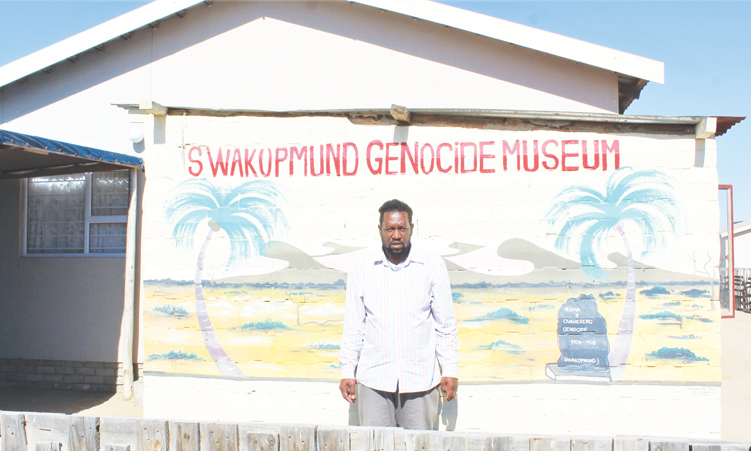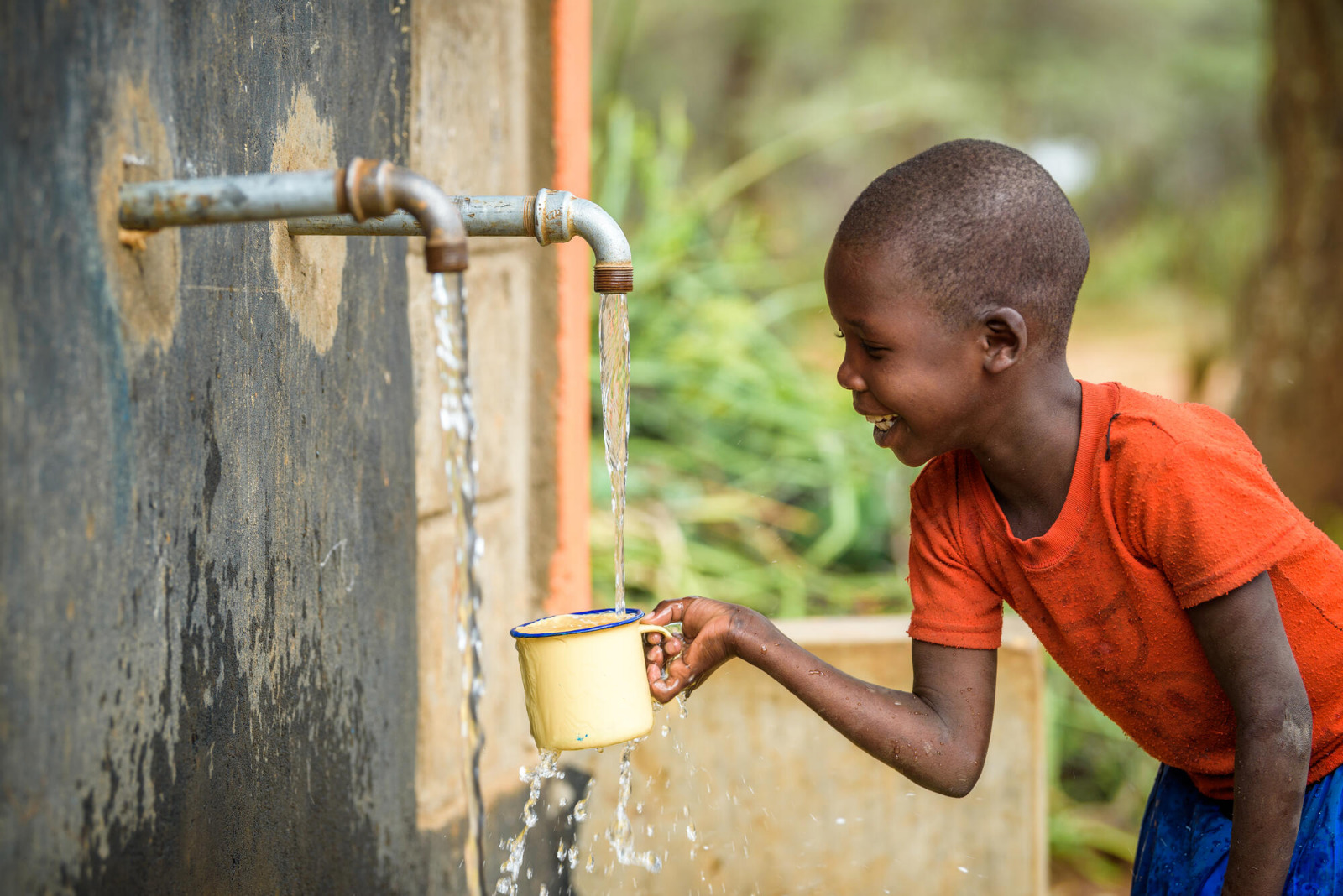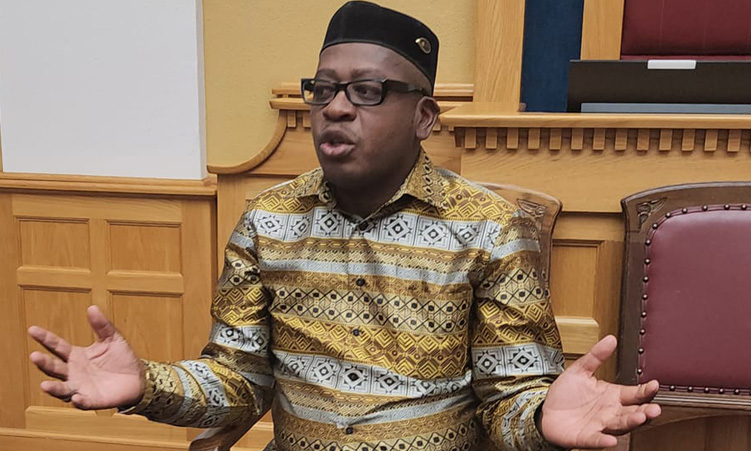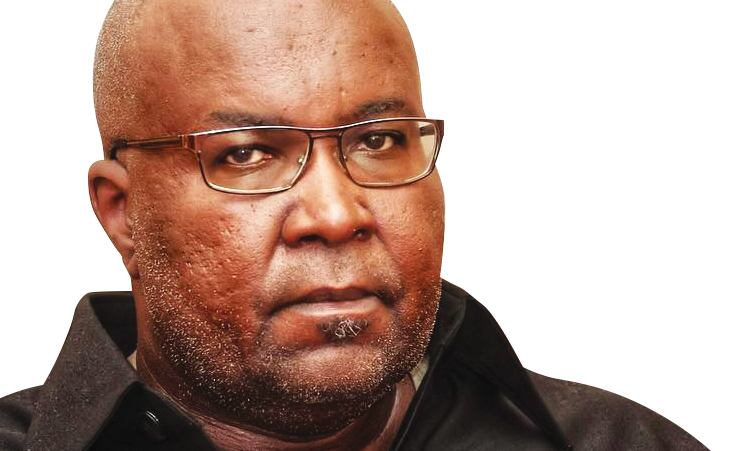Frustrated and resentment are mounting at Swakopmund, as cultural practitioner and activist Laidlaw Peringanda fights for the operation of his Swakopmund Genocide Museum.
The museum aims to shed light on the German empire’s genocide in Namibia and the legacy of German colonialism, particularly at Swakopmund.
German university professor Katharina Hoffmann, an ally of Peringanda’s mission who worked with him at Swakopmund, initiated an online petition last week to reverse what she calls the “unjustifiable denial” by the Municipality of Swakopmund to permit the operation of the museum.
According to her, Peringanda’s significant contributions to cultural heritage and memory preservation have been recognised both nationally and internationally.
“His work provides a valuable educational resource for students, researchers and tourists alike,” the petition reads.
Despite these contributions, Peringanda claims the municipality is withholding approval of his application to use a temporary structure at his residence at the Matutura area of Swakopmund, as the museum’s administrative office.
“I’ve applied to the municipality – first in 2019 for a plot near the Swakopmund cemetery and again recently – to get this plot for the museum. They tell me that I cannot have a temporary structure in front of my house. In 2019, they said there are no plots available near the cemetery, although there were,” he said.
He remains committed to his cause, though.
“I’m receiving some international students and doing online lectures. I also recently received some artefacts from Germany. I have to prove to the banks and social security that I’m operating a legitimate business,” he told The Namibian.
In response to the outcry, Swakopmund municipality spokesperson Linda Mupupa clarified the municipality’s stance, saying the application “was misleading” as Peringanda applied for an administrative office and not for a museum.
According to her, normal practice is that an application would be received on an official letter, clearly describing the activity the resident is applying for, and based on this explanation a response is formulated.
She said to operate an administrative office he will require an approved building – in this case, a section of the house which does not exceed 40% of the total house area – and then needs to comply with requirements set out in the town planning scheme as well as register their business with health services.
“The uncomfortable Namibian history was not considered when compiling the response or as a factor to decline the request,” she emphasised.
Community members have rallied around Peringanda, making their voices heard in support of his cause.
Bernd Heyl, in support of the petition, said Peringanda “gave us valuable and authentic information about the Swakopmund cemetery during our critical colonialism study trip”.
Pamela Claassen argued that “staying silent means agreeing to a distorted colonial perspective of our history, perpetuating covert racism: Enough already!”
Peringanda hopes the Swakopmund municipality will reconsider and support the operation of the museum, demonstrating commitment to fostering cultural understanding, promoting reconciliation and confronting the colonial legacy that still lingers in the community.
Stay informed with The Namibian – your source for credible journalism. Get in-depth reporting and opinions for
only N$85 a month. Invest in journalism, invest in democracy –
Subscribe Now!










